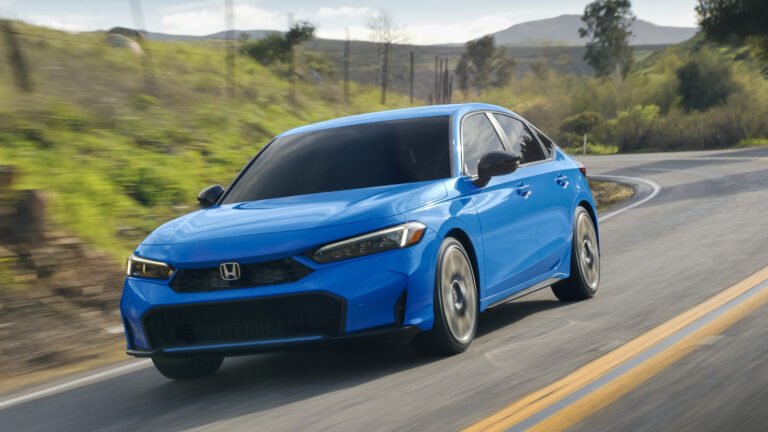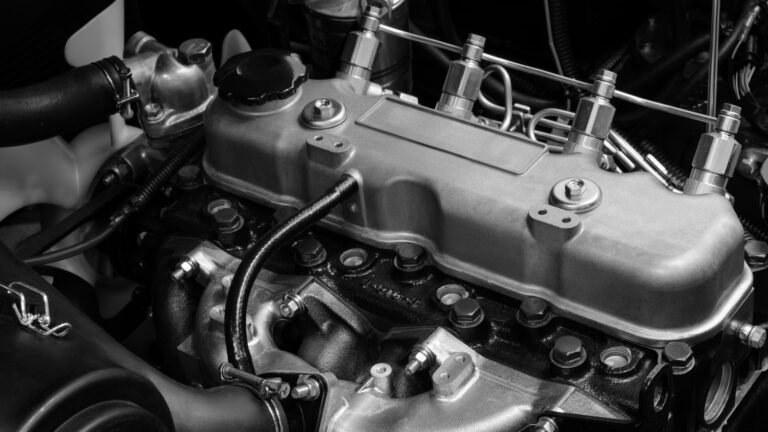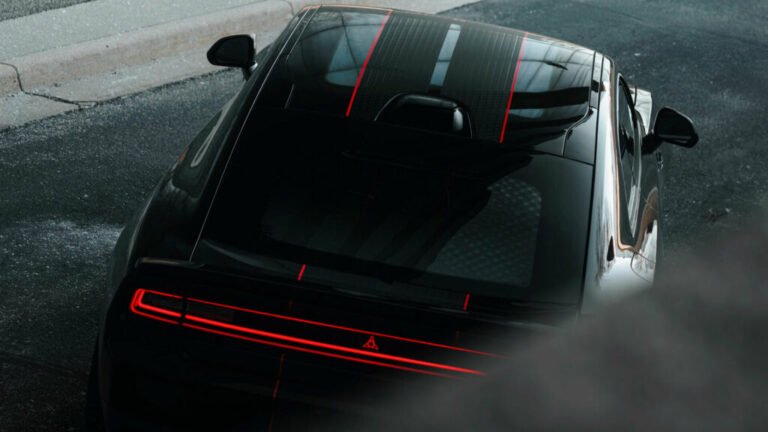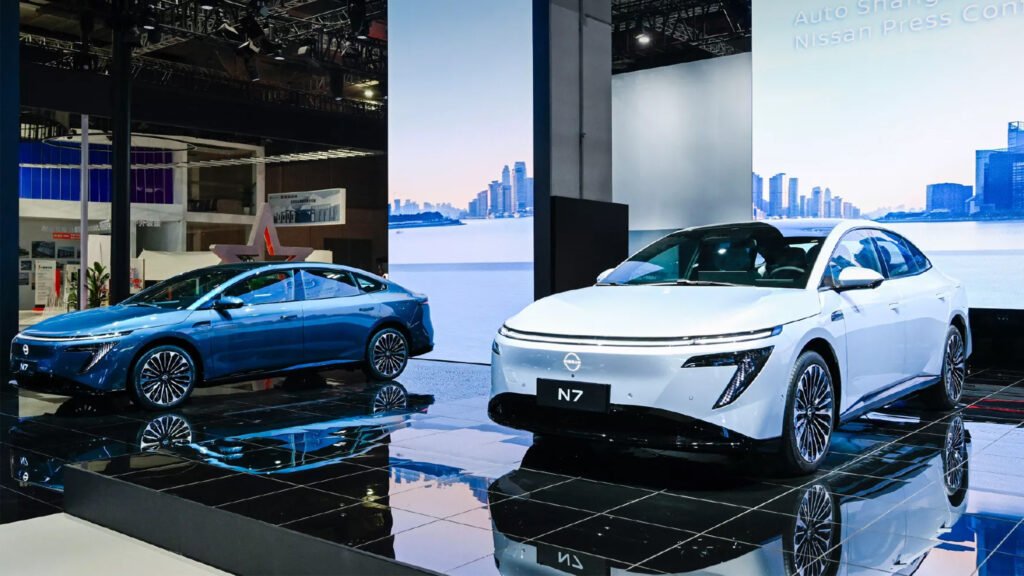

- The automaker’s Sunderland site has the capacity to produce up to 600,000 vehicles annually.
- Nissan and Dongfeng currently build vehicles together in Wuhan, China.
- A major Nissan battery supplier is also building a massive factory near Sunderland.
Only a few months ago, Nissan hoped that joining forces with Honda would save it. However, a potential deal fell through, and since, the Japanese brand has announced a slew of cost-cutting measures aimed at helping it survive. Now, it says it may allow Dongfeng, its Chinese partner, to share its international factories.
Nissan is closing down seven of its 17 global factories, but one of its most important, the Sunderland site in the UK, is not one of them. Company boss Ivan Espinosa says Dongfeng may be able to build vehicles at this site. He also said that Nissan plans to build more electric vehicles in the UK.
Read: Nissan’s New Electric Sedan Is As Big As A Maxima, Cheap As A Versa
“We are quite open to collaborate with them,” Espinosa said during a recent Financial Times conference. “Everything is on the table. We could leverage some of our joint work outside of China, inviting them to come into our production ecosystems.”
As noted by The Guardian, Nissan’s Sunderland plant is currently operating well under capacity. Last year, a total of 282,000 cars were built there, despite the site have the ability to produce up to 600,000 vehicles annually. In addition to adding more jobs, allowing Dongfeng to build vehicles at the site would help boost the factory’s profitability.
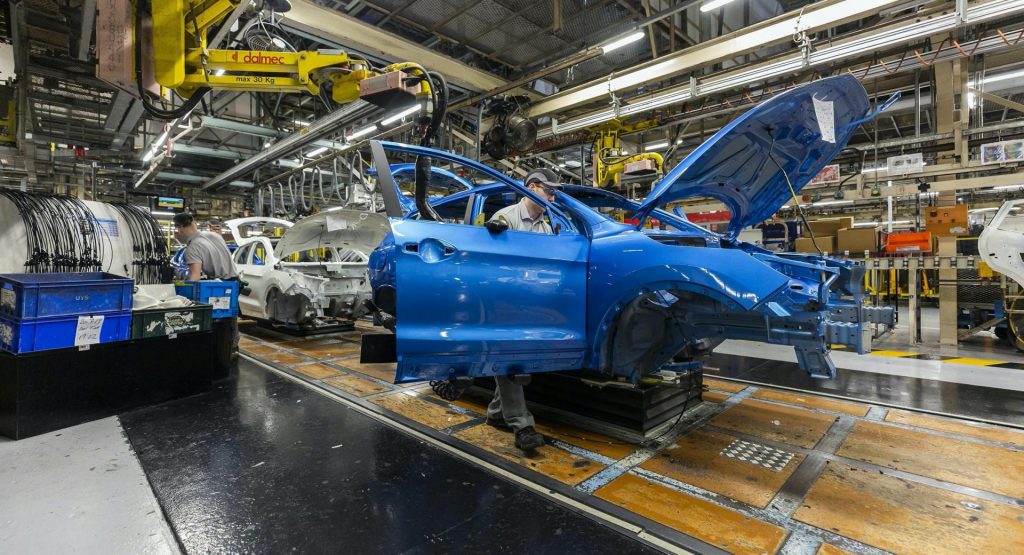
Currently, Nissan and Dongfeng build Chinese-market vehicles together in Wuhan. Espinosa did not say which models from its Chinese partner could be built in the UK, or when.
Further helping the ailing Japanese automaker in the UK is a new EV battery site in the area. Set to be opened by its battery partner Envision AESC, the £1 billion (~$1.3 billion) plant will be the largest car battery production site in the country and supply cells to three of Nissan’s EVs.
While the brand is remaining committed to British production, it wants government help. Espinosa has called on the local government to provide it with support, particularly for energy costs, which are much higher in the UK than some of its other factories.

